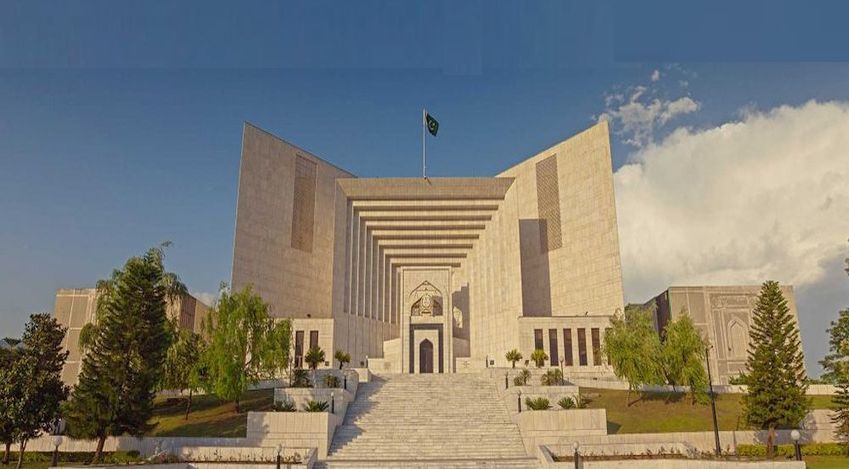Writ Jurisdiction under Article 199 of the Constitution cannot address Disputed Factual Matters like Correction of Date of Birth in Service Record, which require Adjudication in Civil Courts --- Supreme Court of Pakistan
Islamabad 18-11-2024: The Supreme Court of Pakistan delivered a landmark judgment addressing key legal principles regarding the correction of service records, the jurisdictional scope of writ petitions, and procedural compliance in litigation. The ruling came in the case of The Executive Director (P&GS) State Life, Principal Office Karachi and others Vs. Muhammad Nisar, where the Court overturned a Peshawar High Court decision allowing the correction of the respondent’s date of birth in service records.
The dispute arose from the respondent’s claim that his date of birth was incorrectly recorded in the service records of the State Life Insurance Corporation of Pakistan. Initially listed as 22.09.1964, the respondent sought to change his date of birth to 22.09.1966 based on his matriculation certificate and a corrected CNIC issued in 2023. The corporation rejected the correction request, citing a time-bar under its 2015 circular, which limits such changes to within two years of appointment.
The respondent’s writ petition was accepted by the Peshawar High Court, prompting the corporation to file an appeal before the Supreme Court of Pakistan.
The Court reaffirmed that employees must seek corrections to service records within two years of appointment, as per the corporation’s 2015 circular. Delayed claims undermine administrative processes and cannot be entertained unless clerical errors are demonstrated. The Court ruled that disputed factual matters, such as conflicting evidence about the respondent’s date of birth, fall outside the scope of writ jurisdiction under Article 199 of the Constitution. Instead, such matters must be resolved in civil Courts with plenary jurisdiction. The Court highlighted the respondent’s failure to implead the State Life Insurance Corporation—a juristic entity—as a necessary party, instead targeting individual officials. This procedural oversight rendered the Writ Petition defective.
This decision reinforces procedural discipline in service-related disputes and provides clarity on the jurisdictional limits of writ petitions. It also underscores the importance of timely corrections to service records and the need to join proper legal entities in litigation.
The Court emphasized that writ petitions are not a substitute for Civil Suits in cases involving complex factual controversies. Employees and litigants are encouraged to pursue alternate remedies where appropriate to avoid procedural delays and ensure effective adjudication.
Powered by Froala Editor








